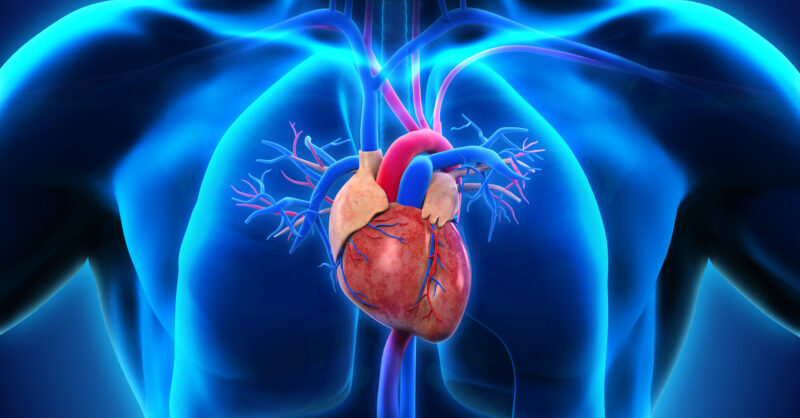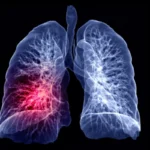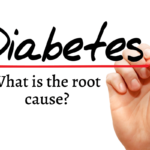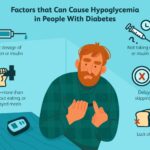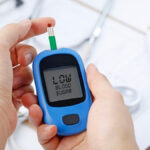11 Heart Disease Symptoms
Not all heart problems announce their arrival with a dramatic chest clutch and a fainting spell like you see in the movies. Some heart symptoms are subtle and don’t even manifest in the chest, making it difficult to pinpoint the source of the discomfort.
This advice is particularly crucial for individuals over 60, those with a history of overweight or obesity, and those diagnosed with diabetes, high cholesterol, or high blood pressure, according to Dr. Vincent Bufalino, an American Heart Association spokesperson.
Pay particular attention to these unusual heart symptoms:
Symptoms of Heart Problems
1. Chest Discomfort
Chest pain, the most prevalent indicator of heart trouble, can manifest as a sensation of discomfort, tightness, or pressure. “People describe this feeling in various ways,” Chambers explains. “Some say it feels like an elephant is perched on their chest, while others liken it to a pinching or burning sensation.”
Typically, the sensation persists for longer than a few minutes. It can occur while resting or engaging in physical activity.
According to Chambers, if the pain is fleeting or intensifies when touched or pressed upon, it’s likely not heart-related. Nevertheless, it’s crucial to seek medical attention. If the symptoms are severe and persist beyond a few minutes, dial 911 immediately.
It’s important to note that heart problems, including heart attacks, can occur without chest pain, particularly in women.
2. Nausea, Indigestion, Heartburn, or Stomach Pain
While heart attacks are often associated with chest pain and shortness of breath, nausea and vomiting can also be warning signs, especially in women. This is because a heart attack can disrupt blood flow to the stomach, causing digestive upset.
If you experience unexplained nausea or vomiting, particularly if you have other heart attack risk factors, it’s crucial to seek medical attention promptly. While an upset stomach can arise from various causes, it’s important to rule out any underlying heart issues.
In summary, vomiting, especially in conjunction with other heart attack symptoms, can be a unique indicator of a heart attack, particularly in women. If you experience this symptom, don’t hesitate to seek medical evaluation to determine the underlying cause.
3. left hand pain
While radiating pain down the left side of the body is a classic symptom of a heart attack, it’s important to note that it’s not a unique indicator. Pain can radiate to various parts of the body, including the arms, neck, jaw, and back.
Chambers explains that radiating pain typically originates in the chest and extends outward. However, he has encountered patients who primarily experienced arm pain, which turned out to be a heart attack.
This underscores the importance of recognizing the diverse range of heart attack symptoms and seeking medical attention promptly if you experience any of them. While radiating pain is common, it’s crucial to consider the overall symptom picture and not rely solely on this one sign.
In summary, radiating pain, while often associated with heart attacks, is not a unique symptom. It’s essential to consider the constellation of symptoms and seek medical evaluation promptly if you experience any potential signs of a heart attack. Early diagnosis and intervention can significantly improve outcomes.
4. You Feel Dizzy or Lightheaded
While dizziness and fainting can occur due to various reasons, such as dehydration or a sudden change in posture, their sudden onset in conjunction with chest discomfort or shortness of breath warrants immediate medical attention. This combination of symptoms could indicate a drop in blood pressure resulting from the heart’s inability to pump effectively.
As Bufalino explains, this sudden dizziness, accompanied by chest discomfort or shortness of breath, can be a sign of a heart attack. It’s crucial to recognize this unique combination of symptoms and seek prompt medical evaluation. Early diagnosis and intervention can significantly improve outcomes in the case of a heart attack.
In summary, sudden dizziness, especially when accompanied by chest discomfort or shortness of breath, is a unique symptom that should not be ignored. If you experience this combination, seek medical attention immediately to determine the underlying cause and receive timely treatment.
5. Throat or Jaw Pain
Throat or jaw pain on its own is unlikely to be heart-related. It’s more likely caused by muscle strain, a common cold, or sinus issues.
However, if you experience chest pain or pressure that radiates up into your throat or jaw, it could be a warning sign of a heart attack. In such cases, seek immediate medical attention by calling 911 to rule out any serious underlying conditions.
6. You Get Exhausted Easily
Sudden fatigue or breathlessness during activities you’ve previously handled with ease, such as climbing stairs or carrying groceries, warrants immediate medical attention. Dr. Bufalino emphasizes that these drastic changes are more concerning than minor aches and pains.
Unexplained bouts of extreme exhaustion or weakness, lasting for days at a time, could also signal underlying heart disease, particularly in women.
7. Snoring
While occasional snoring is common, unusually loud snoring accompanied by gasping or choking sounds could indicate sleep apnea. This condition causes repeated pauses in breathing during sleep, placing additional strain on your heart.
Consult your doctor to determine if you require a sleep study to assess for sleep apnea. If diagnosed, a CPAP machine can help regulate your breathing patterns during sleep.
8. Sweating
Sudden unexplained cold sweats could be a harbinger of a heart attack. If this occurs in conjunction with any of the following symptoms, call 911 immediately and seek urgent medical attention. Refrain from attempting to drive yourself to the hospital.
9. A Cough That Won’t Quit
While a persistent cough is typically not indicative of heart problems, it warrants closer attention if you have a history of heart disease or are at an increased risk.
A persistent cough that produces white or pink mucus could be a symptom of heart failure, a condition where the heart struggles to meet the body’s demands, leading to fluid buildup in the lungs.
If you have a lingering cough, consult your doctor to determine the underlying cause.
10. Your Legs, Feet, and Ankles Are Swollen
This could be a symptom of heart failure, a condition where the heart weakens and struggles to pump blood efficiently throughout the body.
Bloating can arise when the heart’s pumping capacity falters, causing blood to accumulate in the veins. Heart failure can further hinder the kidneys’ ability to eliminate excess water and sodium, exacerbating bloating.
11. Irregular Heart Beat
Heart palpitations are a common occurrence, often caused by harmless factors like caffeine, stress, or lack of sleep. However, if you experience persistent palpitations, especially accompanied by chest pain, dizziness, or shortness of breath, it’s crucial to seek medical attention. These symptoms could indicate a more serious underlying condition, such as atrial fibrillation, which requires treatment. Early diagnosis and intervention are essential for managing heart health and preventing complications.
Here are the key takeaways from the article:
Occasional heart palpitations are usually harmless.
Persistent palpitations, especially with accompanying symptoms, warrant medical attention.
Atrial fibrillation is a potential underlying cause of persistent palpitations.
Early diagnosis and treatment are crucial for managing heart health.
Remember, it’s always better to err on the side of caution and consult a doctor if you have any concerns about your heart health.
